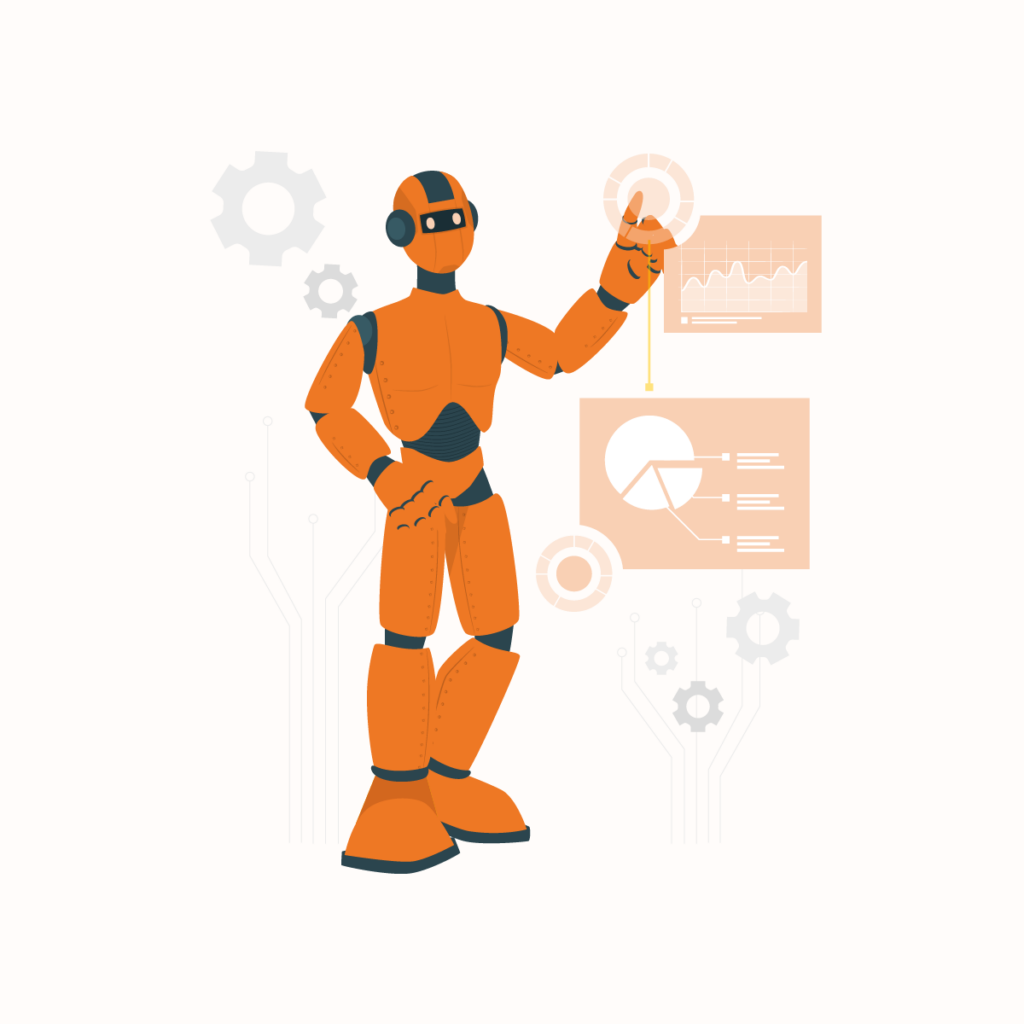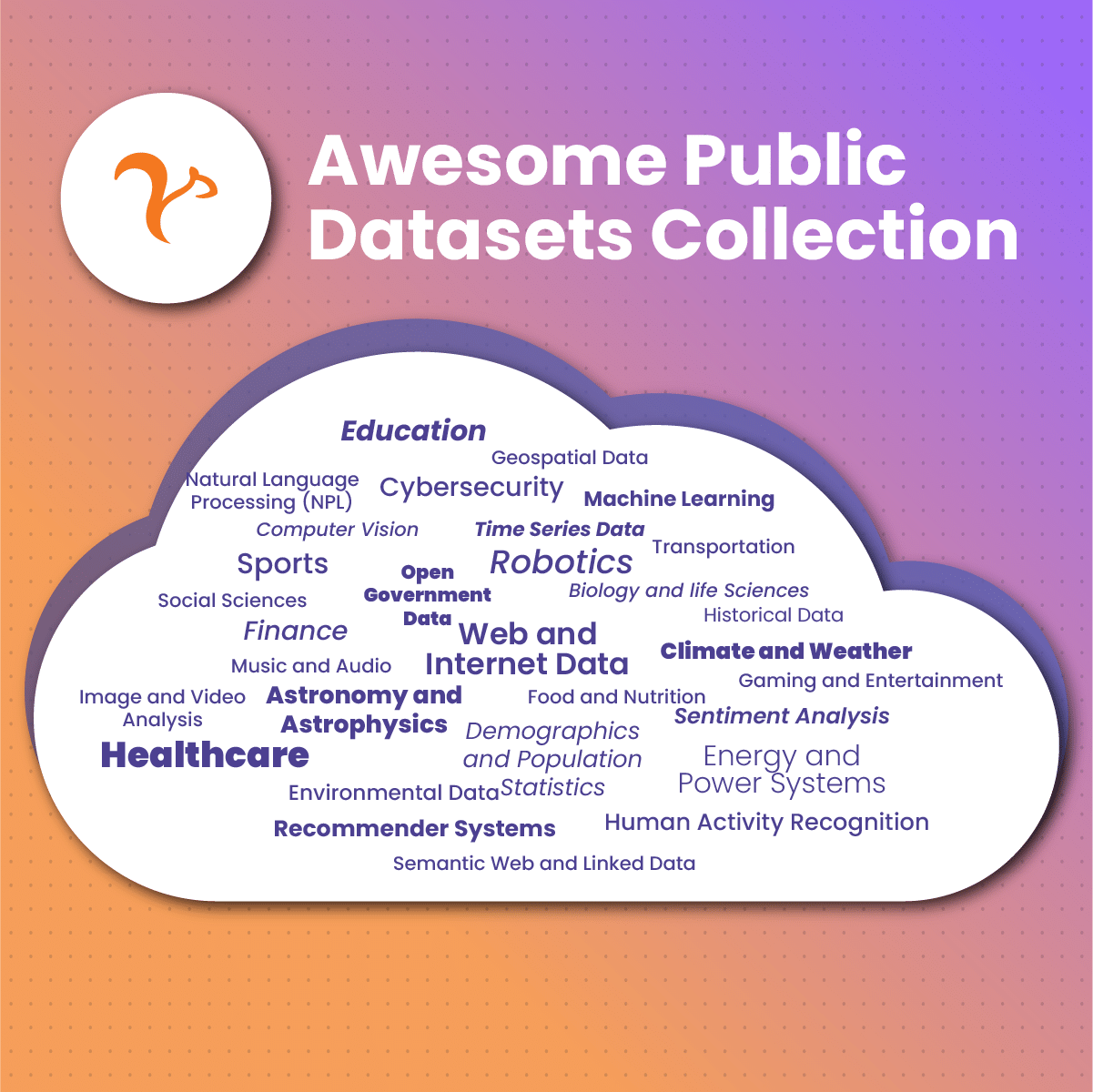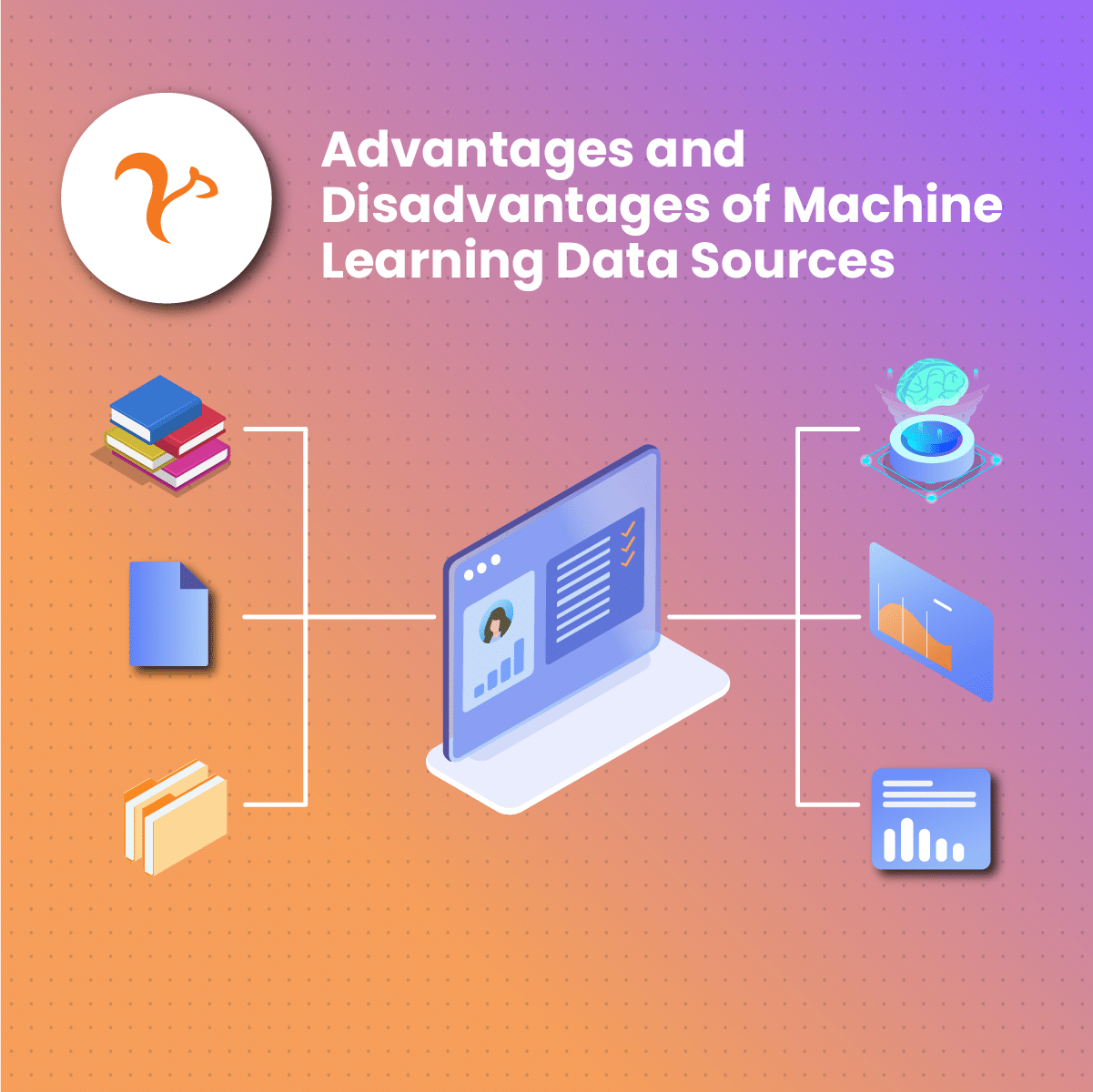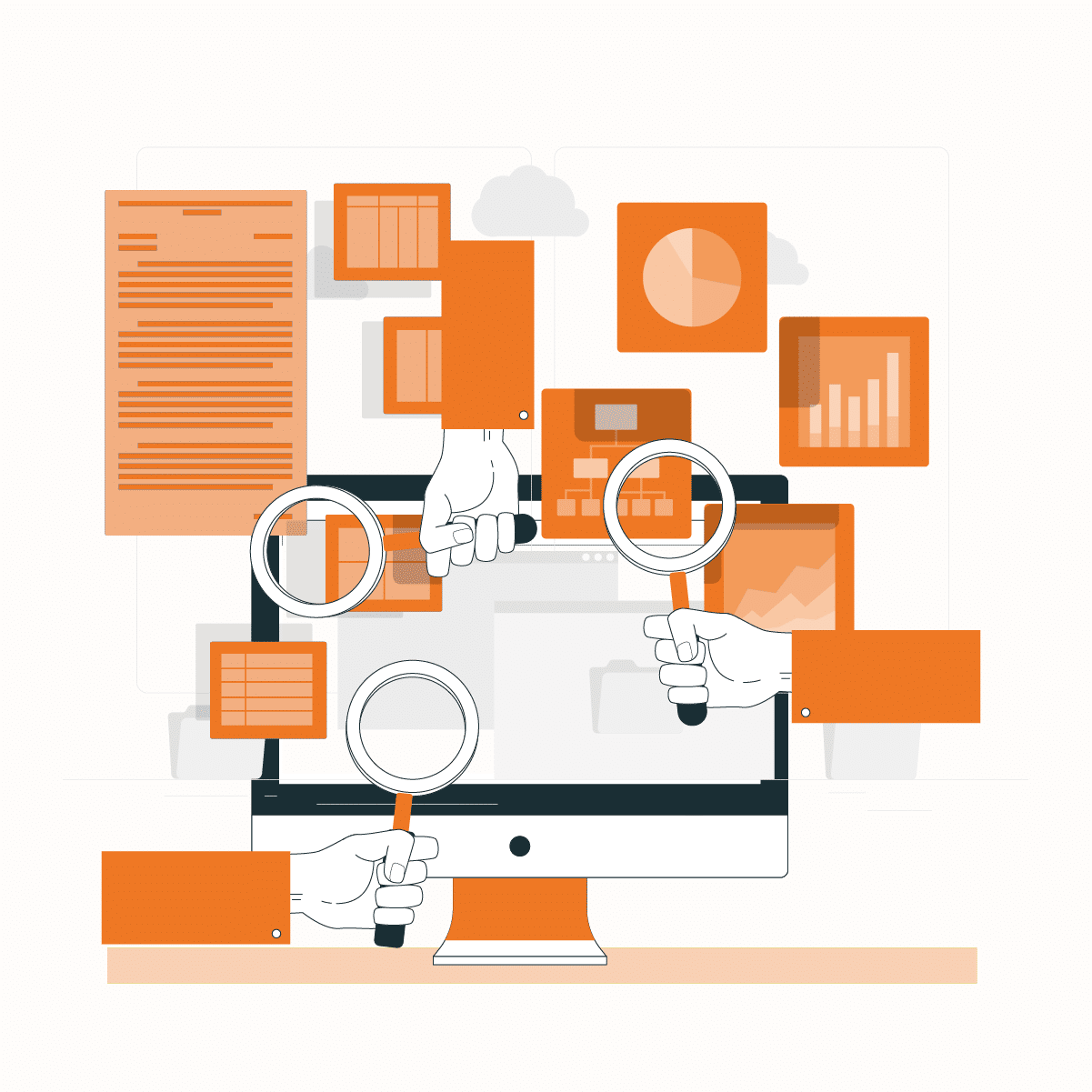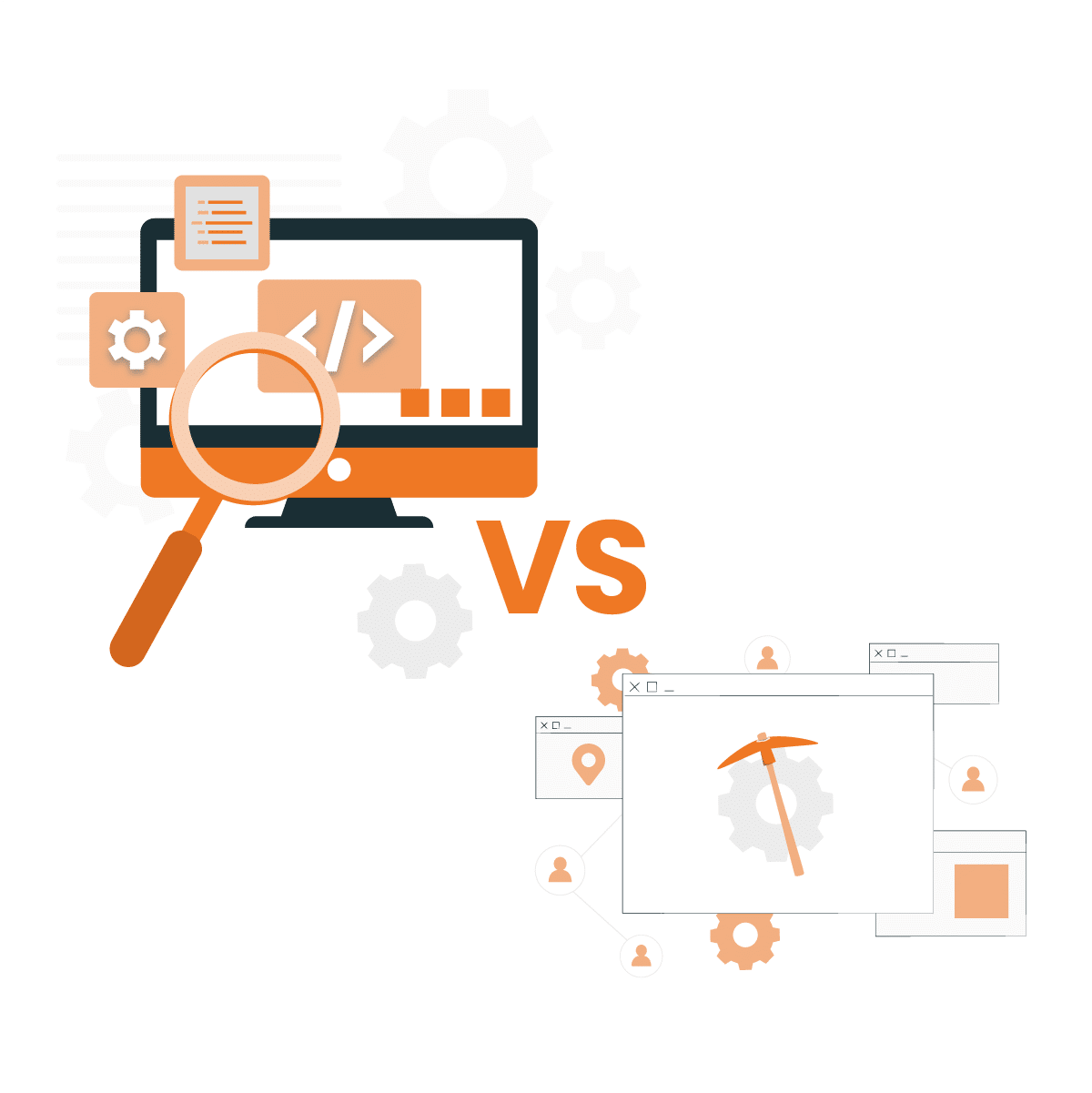Discover the top 10 data sources for machine learning to enhance your projects with rich datasets. Learn from the best sources that are fit for ML.
Kaggle Datasets
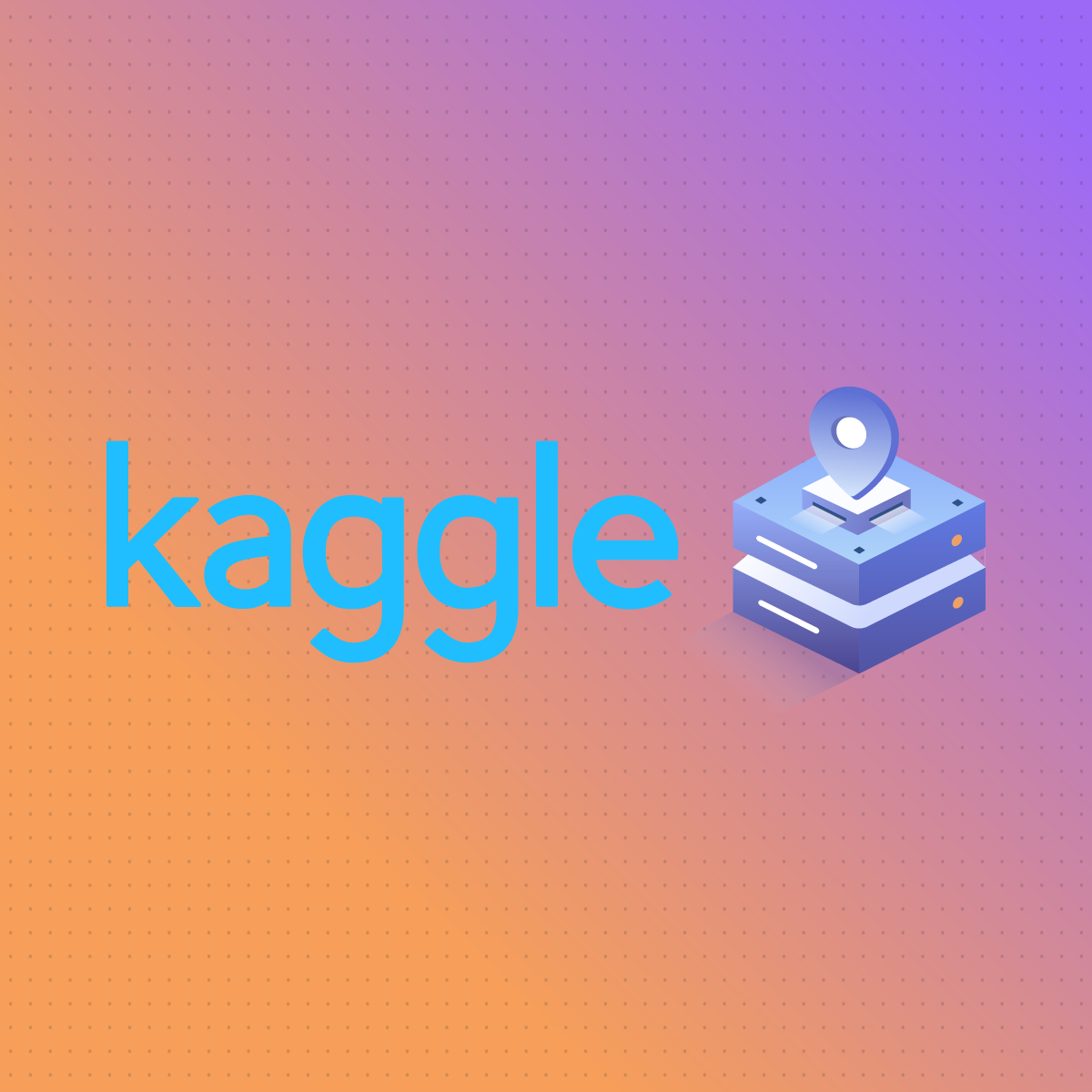
In addition, Kaggle promotes a sense of community. Users not only access datasets but also share their kernels (code snippets) and participate in discussions about the datasets, fostering a collaborative environment that can be beneficial for both beginners and experienced data scientists.
Amazon Datasets
The e-commerce giant, Amazon, also offers a rich library of datasets through its AWS platform. This resource, known as the Registry of Open Data on AWS, is a treasure trove of machine learning data sources spanning numerous fields. You can find data on public transport, ecological resources, satellite images, and a lot more.
The ease of access and use is a key feature of Amazon datasets. A search box facilitates quick discovery of the desired dataset. Moreover, each dataset comes with a detailed description and usage examples, simplifying the user experience. The datasets are stored on Amazon S3, which makes data transfer quick and efficient if you are using AWS for your machine learning experiments.
UCI Machine Learning Repository
The University of California, Irvine hosts a popular machine learning repository that is considered a go-to source for many data practitioners. The UCI Machine Learning Repository is an assemblage of hundreds of datasets covering a variety of machine-learning problems.
The repository classifies datasets by the type of machine learning problem they are suited for, such as classification, regression, or recommendation systems. This categorization makes it easier for users to find datasets that align with their specific project requirements. Furthermore, many datasets at UCI come pre-cleaned, allowing you to jump straight into the model-building phase.
Google’s Datasets Search Engine
Google has made strides in the field of machine learning data sources by launching a dedicated search engine for datasets. This unique service aims to unify thousands of different repositories for datasets and make them discoverable with a simple search.
The Dataset Search Engine offers an easy way to search for datasets by their names. It’s an invaluable tool for data scientists and researchers who need a specific dataset but don’t know where to look. Google’s search engine can steer them toward the right source, eliminating the hassle of sifting through multiple repositories.
Microsoft Research Open Data
Microsoft Research Open Data is a cloud-based data repository launched in collaboration with the global research community. It is a hub for curated datasets that have been used in published research studies.
The platform aims to facilitate collaboration by offering machine learning data sources that are rich in variety and high in quality. The available datasets are suitable for a wide range of research fields, making Microsoft Research Open Data a valuable resource for academics and data practitioners alike.
Awesome Public Datasets Collection
Introduction to Awesome Public Datasets
Awesome Public Datasets Collection is a GitHub repository that brings together high-quality datasets from various public domains. This extensive compilation allows users to easily access the information they need for their machine-learning projects.
Topic-wise organization of datasets
The datasets are conveniently organized by topics such as Biology, Economics, Education, and more, making it simple for users to locate the data they require for their specific machine learning data sources needs.
Licensing requirements and usage
While most of the datasets listed in the Awesome Public Datasets Collection are free, it’s essential to review the licensing requirements before using any dataset to avoid legal complications.
Government Datasets
Open data initiatives from various countries
In an effort to promote transparency, many governments worldwide have released numerous datasets to the public. These machine-learning data sources can be valuable for a wide range of projects.
Examples of specific government dataset portals
Some examples of government dataset portals include the EU Open Data Portal (European Government Datasets), US Gov Data, New Zealand’s Government Dataset, Indian Government Dataset, and Northern Ireland Public Dataset.
Computer Vision Datasets
Overview of VisualData.io
VisualData.io is an excellent resource for researchers and developers working on image processing, computer vision, or deep learning. The platform offers a wide array of datasets specifically tailored for building computer vision (CV) models.
Types of datasets available for CV models
VisualData.io houses datasets suitable for various CV subjects such as Semantic Segmentation, Image Captioning, and Image Generation. Users can also search for datasets by the solution, like the Self-driving cars dataset.
Lionbridge AI Datasets
Brief about Lionbridge AI datasets
Lionbridge AI provides an extensive collection of machine learning datasets that cater to various machine learning tasks and objectives.
Mention of specific types of ML datasets available
The Lionbridge AI datasets include information for machine learning tasks like natural language processing, computer vision, and more, making it a versatile resource for machine learning data sources.
Emerging Trends in Data Accessibility
The global direction toward making more data available
There is a noticeable trend in the global community towards making data more readily available and accessible for research and machine learning purposes.
Growth of dataset communities and accessibility
As dataset communities continue to grow, they are making data more easily accessible, enabling crowdsourcing and the computer science community to innovate at a faster pace and bring more creative solutions to life.
The Impact on the Research and machine learning community
The increasing availability of machine learning data sources is fueling the research and machine learning community’s growth, enabling the development of new techniques, models, and applications that can have a significant impact across various industries.
Advantages of Machine Learning Data Sources
Variety and Diversity
One of the main advantages of Machine Learning Data Sources is the variety and diversity of data they offer. These sources provide data from various fields and domains, which can be extremely valuable in developing robust and generalizable machine learning models.
Ease of Access
Most Machine Learning Data Sources are designed to be user-friendly, making it easy for researchers and developers to access and use the data. This convenience can significantly speed up the development and testing process of machine learning models.
Community Support
Many Machine Learning Data Sources come with strong community support. Users can participate in discussions, learn from other’s experiences, and get help with their projects.
Disadvantages of Machine Learning Data Sources
Quality and Consistency
While there are numerous data sources available, the quality and consistency of data can vary significantly between sources. It’s critical for users to evaluate the quality of the data and its suitability for their specific projects.
Licensing and Usage Restrictions
Although many data sources provide free access to their data, there may be licensing and usage restrictions. Users must ensure they understand and comply with these restrictions to avoid legal complications.
Large Datasets
Some Machine Learning Data Sources offer extremely large datasets. While this can be advantageous, it can also pose challenges in terms of data storage and processing capabilities, particularly for individuals or small organizations.
Comparison Table of Machine Learning Data Sources
| Data Source | Advantages | Disadvantages |
|---|---|---|
| Kaggle | Diverse datasets, community support | Competition-based datasets may not suit all projects |
| Amazon Datasets | Large variety, easy to access with AWS | Requires AWS, may have costs associated |
| UCI Repository | Datasets for various ML problems, some preprocessed datasets | Some datasets are outdated |
| Google Dataset Search | Wide range, unifies various repositories | Quality varies significantly |
| Microsoft Research Open Data | Curated datasets from research | Limited variety compared to other sources |
| Awesome Public Datasets Collection | Topic-wise organization, many free datasets | Licensing requirements vary |
| Government Datasets | Free, diverse datasets | Some datasets may be outdated or incomplete |
| VisualData.io | Datasets for specific CV tasks | Primarily focused on CV, less variety |
| Lionbridge AI | Specific types of ML datasets | Limited information about some datasets |
| Kaggle | Diverse datasets, community support | Competition-based datasets may not suit all projects |
Resources
- Kaggle: Kaggle is a popular platform for data scientists and machine learning enthusiasts. It provides a vast collection of datasets that can be used for machine learning projects. These datasets are clean, and well-organized, and are available in various formats such as CSV, JSON, etc.
- UCI Machine Learning Repository: UCI Machine Learning Repository is a collection of datasets, databases, and domain theories used by the machine learning community. It includes datasets on various domains, such as finance, biology, and physics, among others.
- Google Dataset Search: Google Dataset Search is a search engine for finding datasets published online. It provides access to millions of datasets across various domains, including social sciences, government, and finance.
- Data.gov: Data.gov is a platform that provides access to US government data. It includes datasets on various topics such as climate, energy, and health, among others.
- Amazon Web Services: Amazon Web Services provides access to various datasets that can be used for machine learning. These datasets are available in various domains such as finance, healthcare, and marketing, among others.
